A Complete Guide to Business Marketing: Types, Strategies, and Success Tips
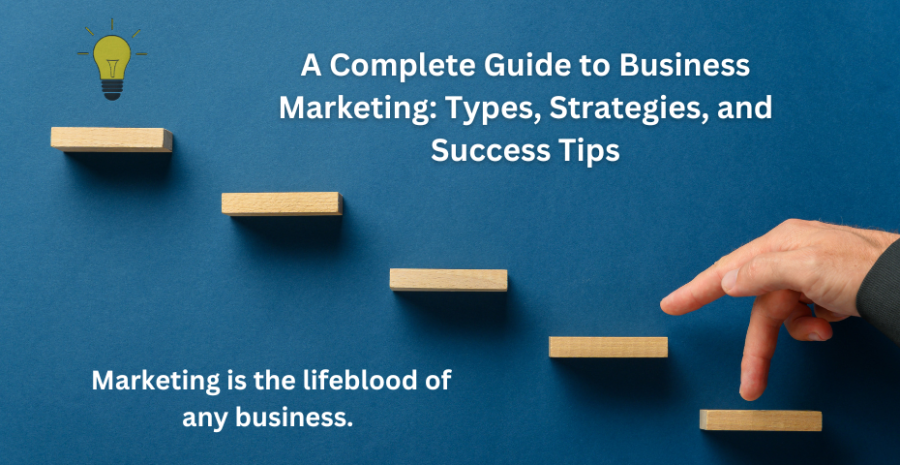
Introduction
Marketing is the lifeblood of any business. Whether a company is a startup or an established enterprise, it must have a well-thought-out marketing strategy to reach and engage its target audience.
But with so many marketing types, approaches, and evolving tools, it can be overwhelming to determine which strategies will yield the best results.
This comprehensive guide explores various types of marketing, provides actionable strategies for success, and offers insights on how to choose the best methods for your business goals.
By the end, you’ll be equipped with the knowledge to build a powerful marketing framework that fosters growth, loyalty, and profitability.
1. Digital Marketing: Embracing the Online World
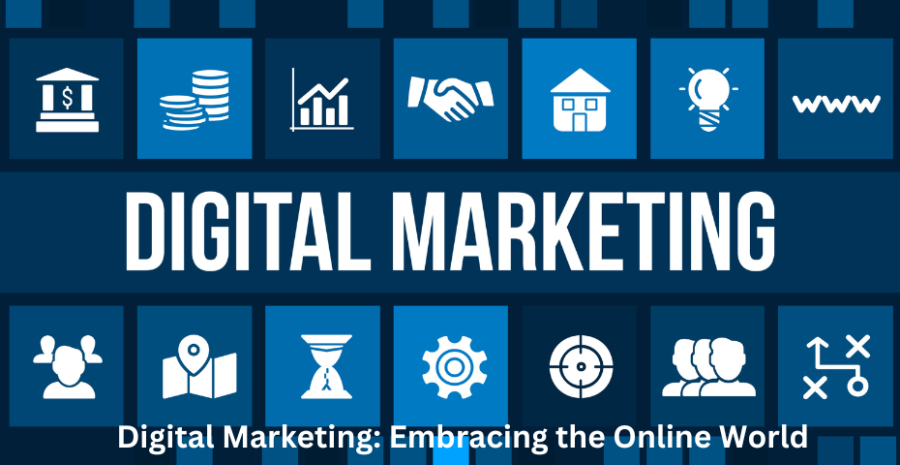
Digital marketing encompasses a broad range of activities that leverage online platforms and digital technologies to reach potential customers.
This includes everything from social media marketing to email marketing and search engine optimization (SEO). Digital marketing has become essential in today’s highly connected world, as more consumers are spending time online.
Success in digital marketing requires a clear understanding of your target audience, selecting the right platforms, and creating engaging, relevant content.
Businesses of all sizes benefit from digital marketing, as it offers targeted reach, measurable results, and real-time engagement, making it a crucial part of any modern marketing strategy.
2. Content Marketing: Building Value through Information

Content marketing is focused on creating and distributing valuable, relevant content to attract and retain a defined audience. The key here is value: content that helps, educates, or entertains the audience.
Successful content marketing can take many forms, including blog posts, videos, infographics, and podcasts. This strategy builds trust, positions your business as a thought leader, and nurtures long-term relationships.
Content marketing requires consistent effort and a clear focus on audience needs, which leads to organic traffic, increased brand awareness, and higher conversion rates over time.
3. Social Media Marketing: Engaging on Popular Platforms
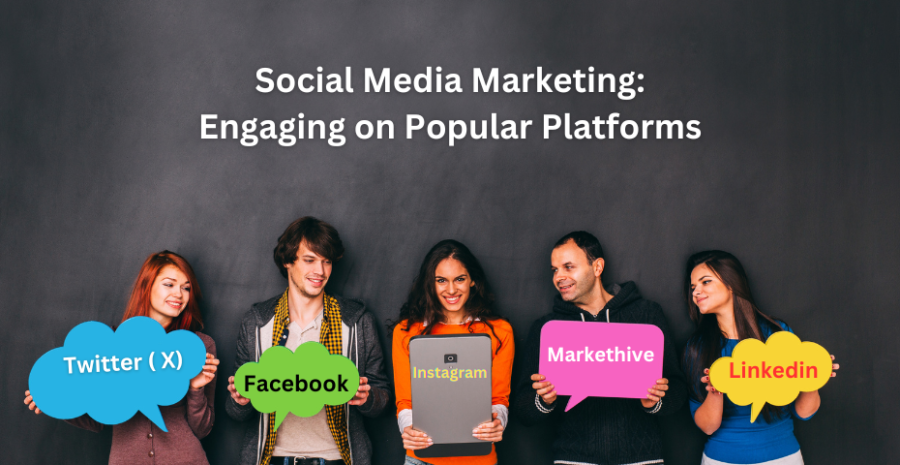
Social media marketing uses platforms like Markethive ( built on Blockchain), Facebook, Instagram, Twitter, LinkedIn, and TikTok to engage with audiences and promote products or services.
Each platform has unique strengths, allowing businesses to tailor content based on their target demographic. With social media marketing, businesses can increase brand visibility, build community, and foster direct communication with their audience.
To succeed, businesses need a mix of authentic content, active engagement, and targeted advertisements. The key is consistency and understanding what resonates with your audience on each platform.
4. Email Marketing: Personalized Communication for Retention
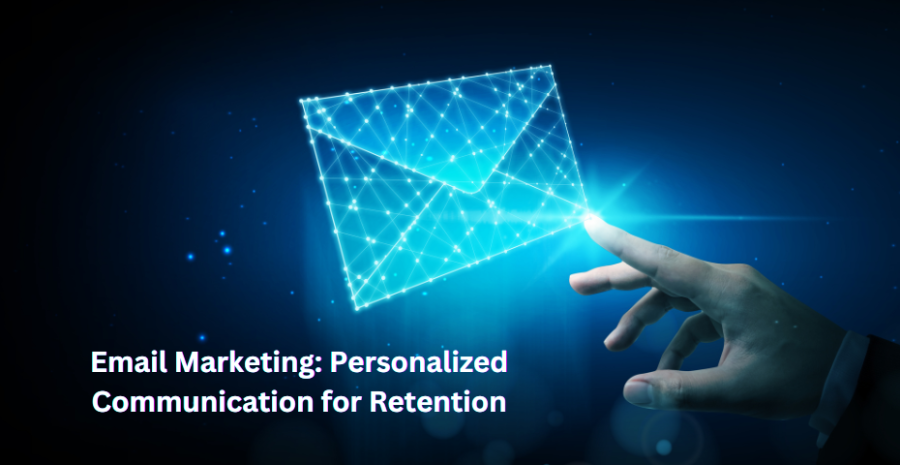
Email marketing remains one of the most effective ways to nurture leads and retain customers. This approach allows businesses to communicate directly with their audience, delivering personalized messages that address specific needs.
Successful email marketing strategies include segmentation, automation, and content that provides real value, like special offers, insights, or educational resources.
Despite the rise of new marketing channels, email remains a powerful tool for building customer loyalty, driving conversions, and maintaining long-term relationships.
5. Search Engine Optimization (SEO): Improving Online Visibility
%20Improving%20Online%20Visibility.png)
SEO is the practice of optimizing your website and content to rank higher in search engine results, thereby increasing organic (unpaid) traffic.
SEO focuses on various factors, including keyword usage, site structure, mobile-friendliness, and backlink quality.
By investing in SEO, businesses can reach potential customers who are actively searching for their products or services.
Effective SEO strategies are long-term but immensely valuable, as they increase visibility and credibility.
When done right, SEO can be one of the most cost-effective ways to grow a business online.
6. Influencer Marketing: Leveraging Influential Voices
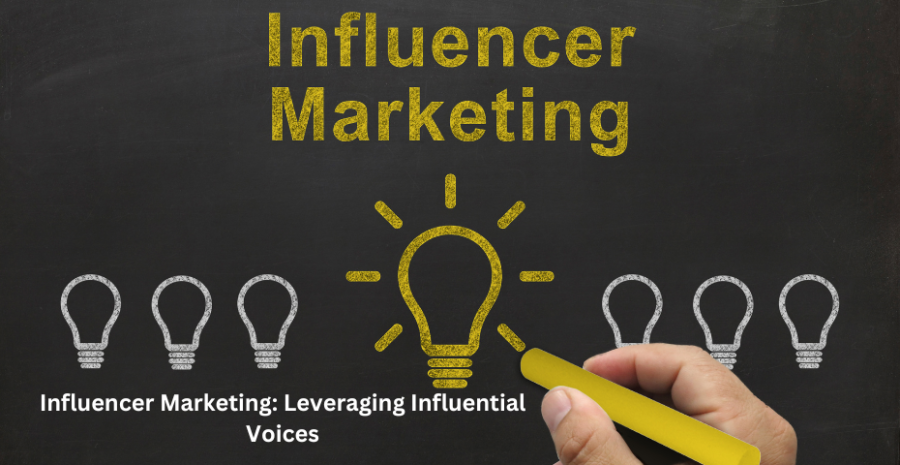
Influencer marketing is a strategy that involves partnering with individuals who have a significant online following and influence. By leveraging these influencers’ reach, businesses can quickly boost brand visibility, build trust, and access niche markets.
This strategy works especially well for brands targeting younger demographics or niche audiences. Successful influencer marketing relies on finding the right personalities whose values align with your brand.
Authentic endorsements tend to have a higher impact than traditional advertising, especially when influencers genuinely connect with the products or services they promote.
7. Affiliate Marketing: Growing through Partnerships
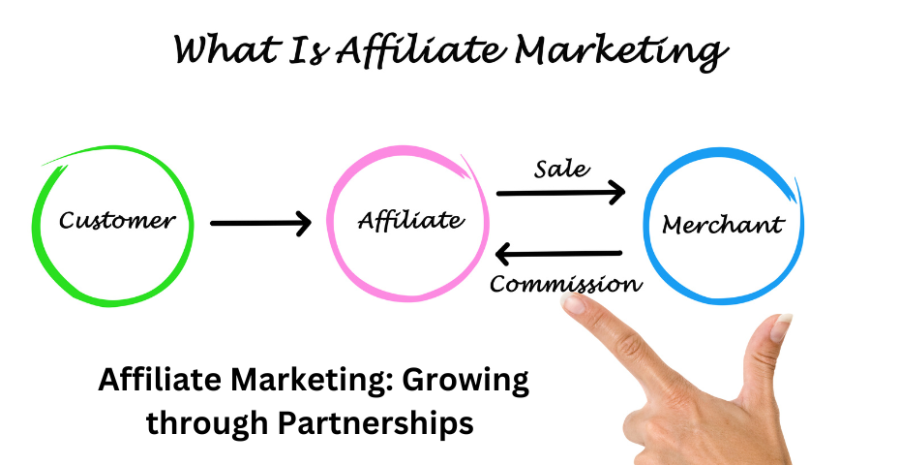
Affiliate marketing is a performance-based strategy where businesses reward affiliates (partners) for driving traffic or sales.
Affiliates are usually bloggers, content creators, or websites that promote the brand through unique links or referral codes.
This strategy is popular in e-commerce and software industries, as it provides measurable results and a scalable way to drive growth.
Effective affiliate marketing requires well-structured agreements, tracking capabilities, and incentives that motivate affiliates to promote your brand enthusiastically.
8. Event Marketing: Creating Memorable Experiences

Event marketing involves hosting or participating in events, whether in-person or virtual, to engage with potential customers.
This strategy allows businesses to showcase their products, create meaningful connections, and gather feedback. Events can range from trade shows and webinars to product launches and networking gatherings.
Event marketing is particularly valuable for B2B businesses, as it provides a platform to educate and build trust.
To succeed, businesses must plan events that are aligned with their brand message and audience interests, creating memorable and impactful experiences.
9. Pay-Per-Click Advertising (PPC): Targeted Ads for Quick Results
%20Targeted%20Ads%20for%20Quick%20Results.png)
PPC advertising is a model where businesses pay each time a user clicks on their ad, making it a highly targeted and measurable way to generate traffic.
PPC is commonly used on platforms like Google Ads and social media networks. This strategy allows businesses to reach potential customers who are actively searching for similar products or services.
Effective PPC campaigns require keyword research, ad optimization, and careful budgeting to ensure maximum ROI.
PPC is especially useful for gaining quick visibility, making it an ideal choice for new product launches or seasonal promotions.
10. Public Relations (PR): Managing Brand Perception
%20Managing%20Brand%20Perception.png)
PR focuses on managing a brand’s public image and building a positive reputation. This strategy includes media relations, press releases, and crisis management.
Effective PR can enhance brand credibility, build trust with stakeholders, and create positive media coverage. For small businesses and startups, PR offers an opportunity to gain visibility without significant advertising budgets.
A successful PR strategy requires a proactive approach to communication and strong storytelling to highlight the brand’s value and uniqueness in a competitive landscape.
Last Word
Business marketing is vast and continuously evolving, influenced by new technologies, consumer behaviors, and industry trends. Each strategy discussed here has unique benefits, challenges, and areas of application.
For business owners, marketers, and entrepreneurs, understanding these different types of marketing is essential to crafting a robust, adaptable marketing plan.
Success in business marketing doesn’t rely on using every strategy but rather selecting the ones that align with your goals, target audience, and resources.
As you explore and apply these strategies, remember that the key to effective marketing is a balance of creativity, consistency, and data-driven decision-making.
Adapt, experiment, and refine as you go, and your marketing efforts will pay off in the form of customer engagement, brand loyalty, and sustainable growth.

About: Andries vanTonder
45 years selfemployed
He is a Serial Entrepreneur, an Enthusiastic supporter of Blockchain Technology and a Cryptocurrency Investor
Find me: Markethive Profile Page | My Twitter Account | My Instagram Acount | and my Facebook Profile.
Markethive News
.png)

